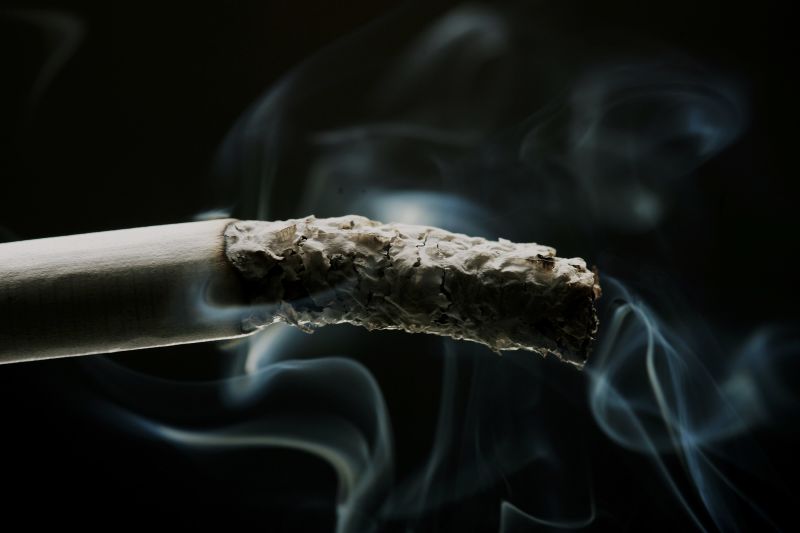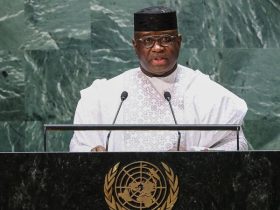As any smoker will tell you, quitting tobacco isn’t easy – and it’s something New Zealand’s new government just isn’t prepared to do right now.
A year after passing a world-leading smoking ban designed to save thousands of lives and prevent new generations of young adults from smoking, New Zealand has announced a u-turn to help pay for tax cuts, infuriating public health officials and anti-tobacco groups.
Introduced last year, the anti-smoking law banned the sale of tobacco to anyone born or after January 1, 2009.
The legislation was due to be implemented by July 2024 and would have included harsh penalties for violations such as fines of up to NZ$150,000 ($96,000).
The country’s new Prime Minister Chris Luxon, whose conservative National Party entered a coalition alliance with the populist New Zealand First party and the libertarian ACT New Zealand party following elections in October, defended the controversial move, saying he disagreed with parts of the policy and argued that a ban would result in a black-market boom.
Luxon said smoking rates in the country had been on the decline and reiterated that he remained committed to reducing tobacco use.
New Zealand’s initial smoking ban was hailed by public health officials around the world.
Months after New Zealand’s announcement, Britain also unveiled plans to phase out smoking for new generations.
A spokesperson for British Prime Minister Rishi Sunak said that the British government remained committed to phasing out smoking, even after New Zealand’s reversal. “We are committed to that,” the spokesperson said. “This is an important long term decision and step to deliver a smoke free generations.”
New Zealand’s new finance minister Nicola Willis on Saturday said the measures would be axed before March 2024, with revenue generated from cigarette sales going towards tax cuts.
Smoking leads to more than eight million deaths globally each year, according to the World Health Organization – with one in four people across the world using tobacco.
Smoking rates in New Zealand, already among the world’s lowest, have been falling and were at their lowest since records began, experts noted, with an estimated 56,000 smokers quitting in 2022.
New Zealand’s policy reversal drew shock and condemnation from public health officials and anti-tobacco groups, who criticized the new government for prioritizing the economy and the tobacco industry ahead of human lives.
“What’s going on here is that we had a set of measures that would have substantially reduced smoking, was modelled to save 80,000 lives and they’ve (the new government) have reversed it – and they’re doing it just to fund tax cuts,” Verrall said.
The anti-smoking group Health Coalition Aotearoa (HCA) expressed disappointment at the new coalition’s plans to repeal the smoking ban.
“This is a major loss for public health, and a huge win for the tobacco industry whose profits will be boosted at the expense of Kiwi lives,” the group said in a statement, adding that there was still massive support from New Zealanders for the world-leading smoke-free amendments.
“Turning the tide on harmful products that are entrenched in society cannot be done by individuals or even communities,” HCA said. “It takes good – and brave – population level policies.”






